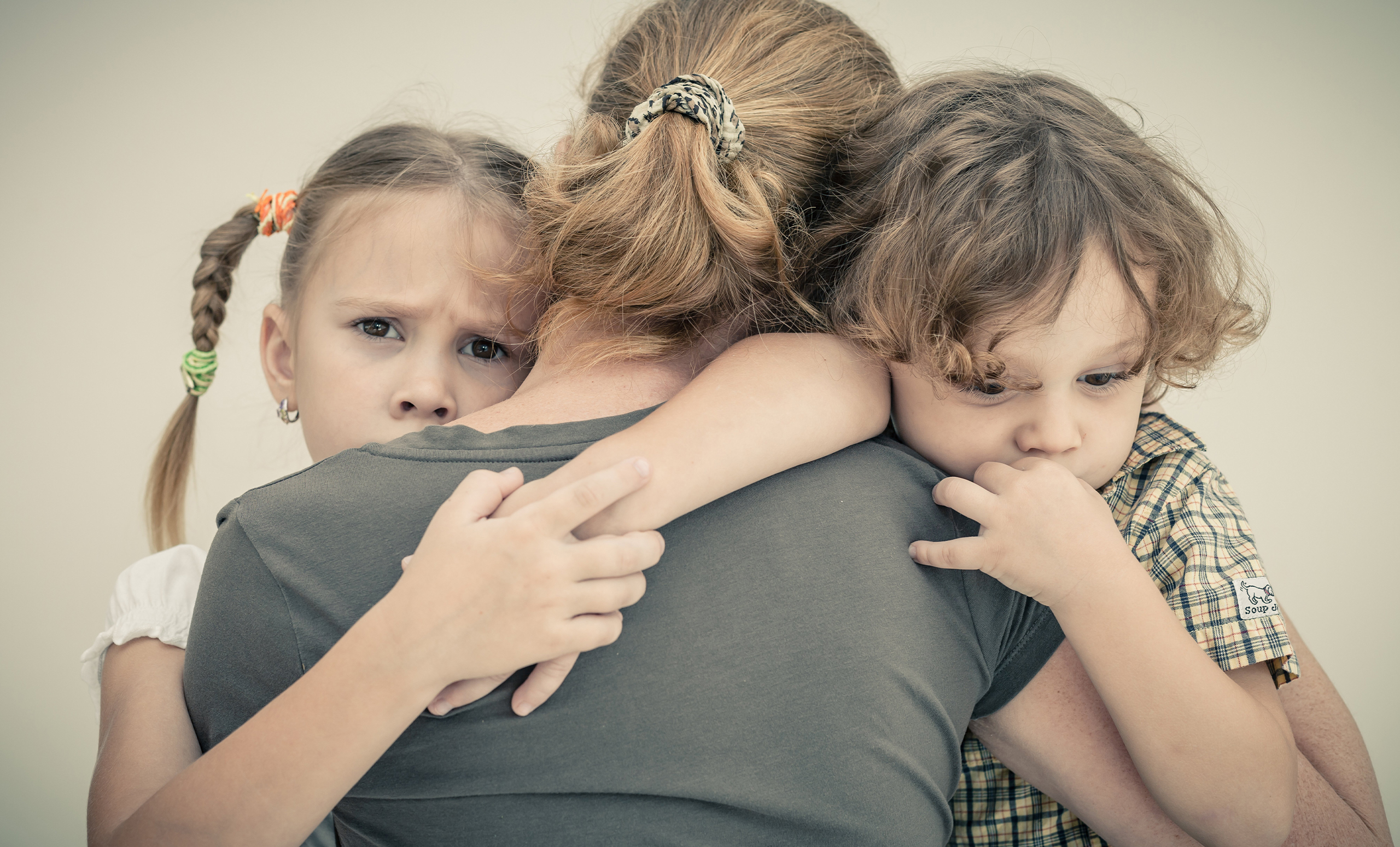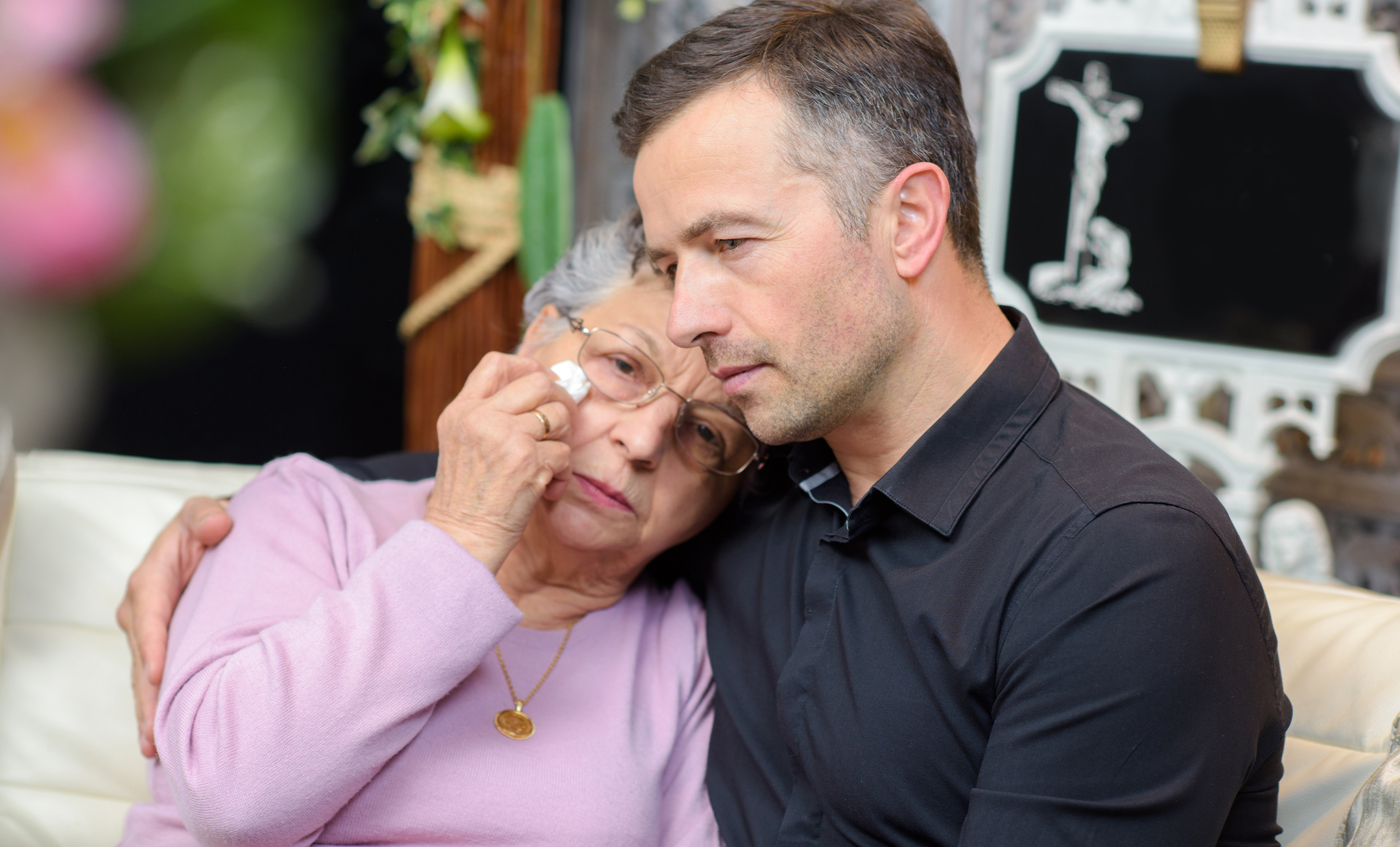Losing someone close to you, a family member, or a loved one you have cared for can be incredibly challenging. Grief is a natural process that often involves feelings of sadness, loneliness, and sometimes guilt, even when you have done everything you could. It is just crucial to know that everyone experiences grief differently, with varying self-defense mechanisms and timelines. Some people might linger in one or more stages of grief, while others may move through them more quickly.
The Five Stages of Grief
The steps of the grief process differ from person to person, but everyone experiences all stages at some point. It is essential to achieve closure in each step of grief to avoid lingering emotional wounds.
Denial
Denial is often the first stage of grief. It is hard to accept that someone close to us is gone, leading to a feeling of surrealism. Denial acts as a defense mechanism, allowing the brain to slowly process and accept the traumatic event. People in denial might behave as if the loss never happened or refuse to discuss it.
It is vital to listen and encourage those in denial, allowing them to share stories of their loved ones. This sharing is a way of slowly accepting the loss. However, prolonged denial can slow healing and lead to additional issues. If someone remains in denial for too long, professional help is recommended. There is no need to force anyone out of this phase; instead, offering support and guiding them towards psychological help is necessary.
Anger
Anger, surprisingly, can be a positive sign, indicating the return of personal strength. It is expected to feel grumpy or irritated about minor things, and anger can be directed at oneself, others, or even the deceased.
This feeling can be a powerful motivator for regaining normalcy. When adequately managed with the help of a therapist, it can be channeled into productive energy, aiding in the healing process.
Bargaining
Bargaining involves wondering how things might have been different if circumstances had changed. This stage is less common and varies depending on each personal situation. People may think about what they could have done differently to prevent the loss.
However, it is essential to recognize that you did everything you could; for instance, doctors, medicine, and therapy were all provided. Some aspects of life are beyond our control, and accepting this reality is crucial in moving forward.

Depression
Sadness is an inevitable part of losing someone we love. If it persists, it can result in clinical depression, characterized by low energy and a lack of motivation. Depression can make it challenging to perform daily tasks and care for oneself.
Professional treatment is essential for depression, despite societal misconceptions about seeking psychological help. Modern trends emphasize the importance of therapy, and early intervention is often beneficial. If depression lasts for more than three months, it is necessary to seek treatment promptly.
Acceptance
Reaching acceptance is not easy, but it is a significant milestone in the grief process. Acceptance means acknowledging that you did everything you could and that others, such as doctors and caregivers, also did their best. Life is filled with uncontrollable events, and acceptance helps you embrace this reality.
Acceptance does not mean you will never feel sad about your loss again. There will be moments when sadness resurfaces, such as significant life events, but the pain should be less intense. Each stage of grief requires your own acceptance to move forward. Having a specialist by your side can make this process more manageable and comprehensive, helping you understand and handle each stage.
Coping with Grief
Understanding loss and the process of grief is paramount in coping with the loss of a loved one. There is no right or wrong way to grieve since everyone’s journey is unique. Here are some strategies for coping with grief:
Grief and Mourning
Mourning is the external expression of grief, often influenced by cultural and personal practices. It can involve ceremonies, rituals, and other ways of honoring the deceased. Mourning allows you to express your grief publicly, which can be a meaningful part of the healing process. Each stage of grief serves a purpose in helping you come to terms with your loss and find a path forward. Remember, there is no timeline for grief, and seeking help at any stage is okay.
Grief is a deeply personal experience; going through its stages can be challenging. Recognizing the five stages of grief—denial, anger, bargaining, depression, and acceptance—can help you understand your emotions and cope with your loss. Seeking support from friends, family, or professionals is crucial in the healing process.
By understanding the grief stages and acknowledging your feelings, you can find a path to healing and acceptance, allowing you to cherish the memories of your loved one while moving forward with your life.





